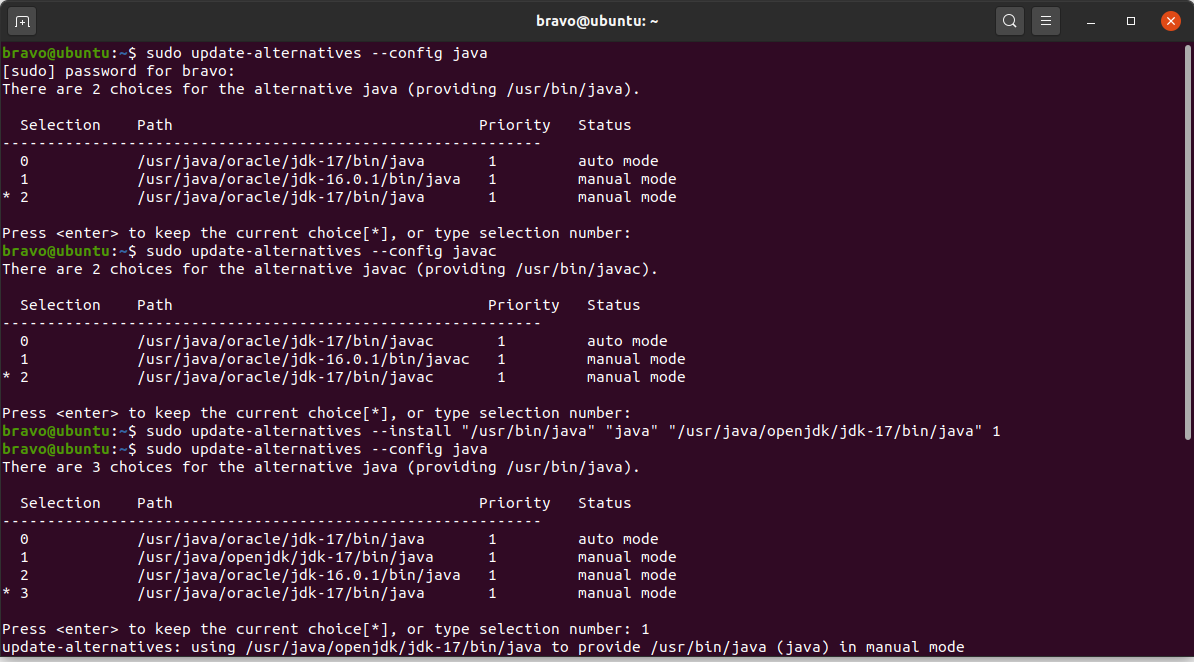

The output will be similar to: java -version You can double-check if it was properly set up with these commands: java -version That’s it, Java is ready for use on your Ubuntu system. JDK includes JRE, therefore there’s no disadvantage if you choose this method instead. It is required by specific software or used to compile Java programs. It is also possible to install the Java Development Kit (JDK) instead. Once it finishes, install the latest version of Java Runtime Environment (JRE) by executing this following command: apt-get install default-jre Begin the process by updating the current packages to the latest version: apt-get update & apt-get upgrade The first method to install Java on Ubuntu is through the default packages. Install Java on Ubuntu Using the Default Package Manager

The following commands imply you are already using a root user, but in case you’re not, you should add sudo at the beginning of your commands. If this changes, you can update it later. If you’re not interested in compiling Java software, the JRE will do just fine. The JDK is essentially an SDK (software development kit), as it gives you access to everything in JRE plus tools such as jdb, javadoc, and the compiler itself – javac.

Oracle Java contains the JVM, the Java program, alongside other infrastructures, while the JDK is a superset of JRE. The OpenJDK (Java Development Kit) and Oracle JRE (Java Runtime Environment) are the two main kits you’ll work with. Install Java on Ubuntu Using the Default Package Manager.


 0 kommentar(er)
0 kommentar(er)
